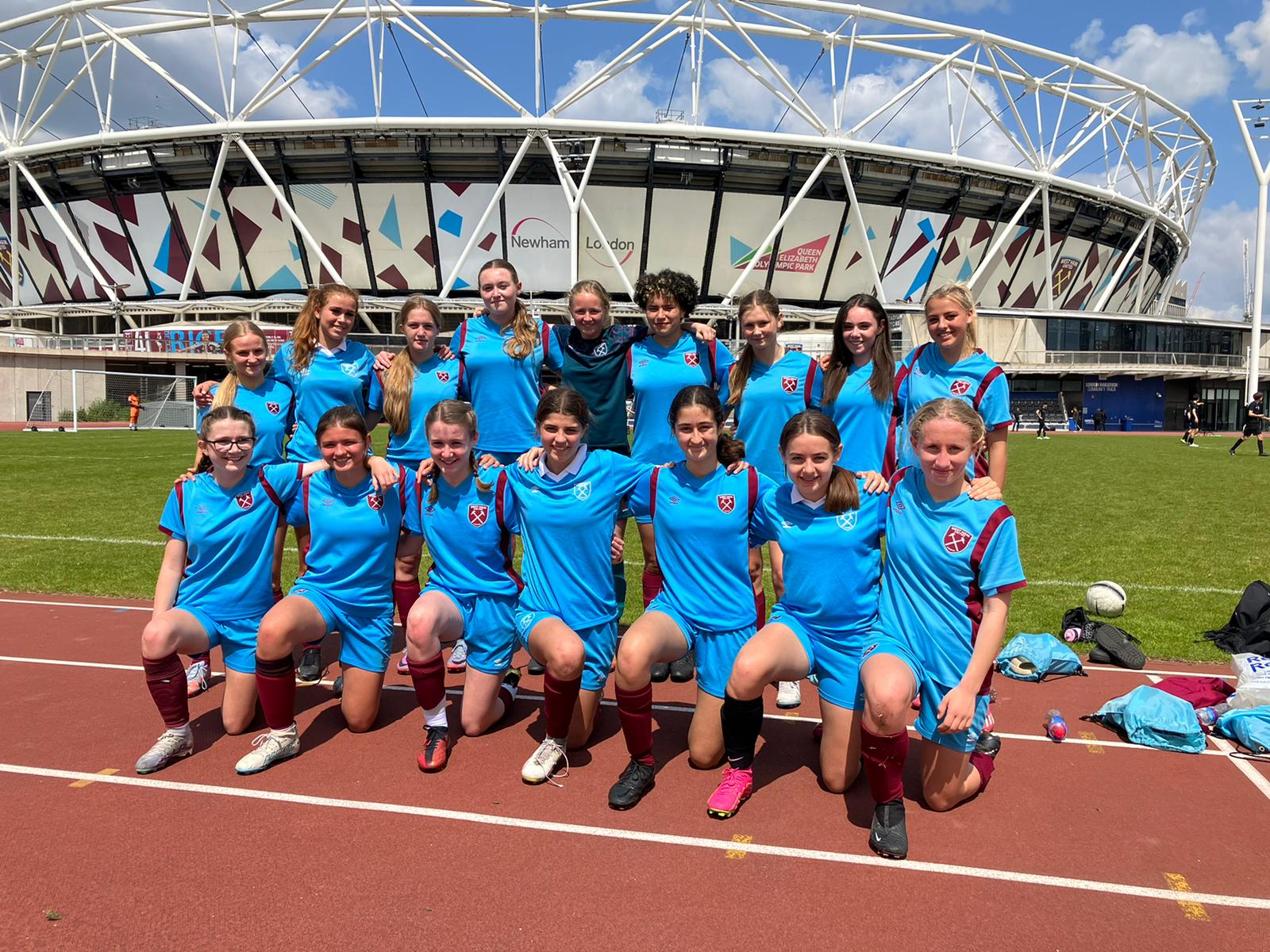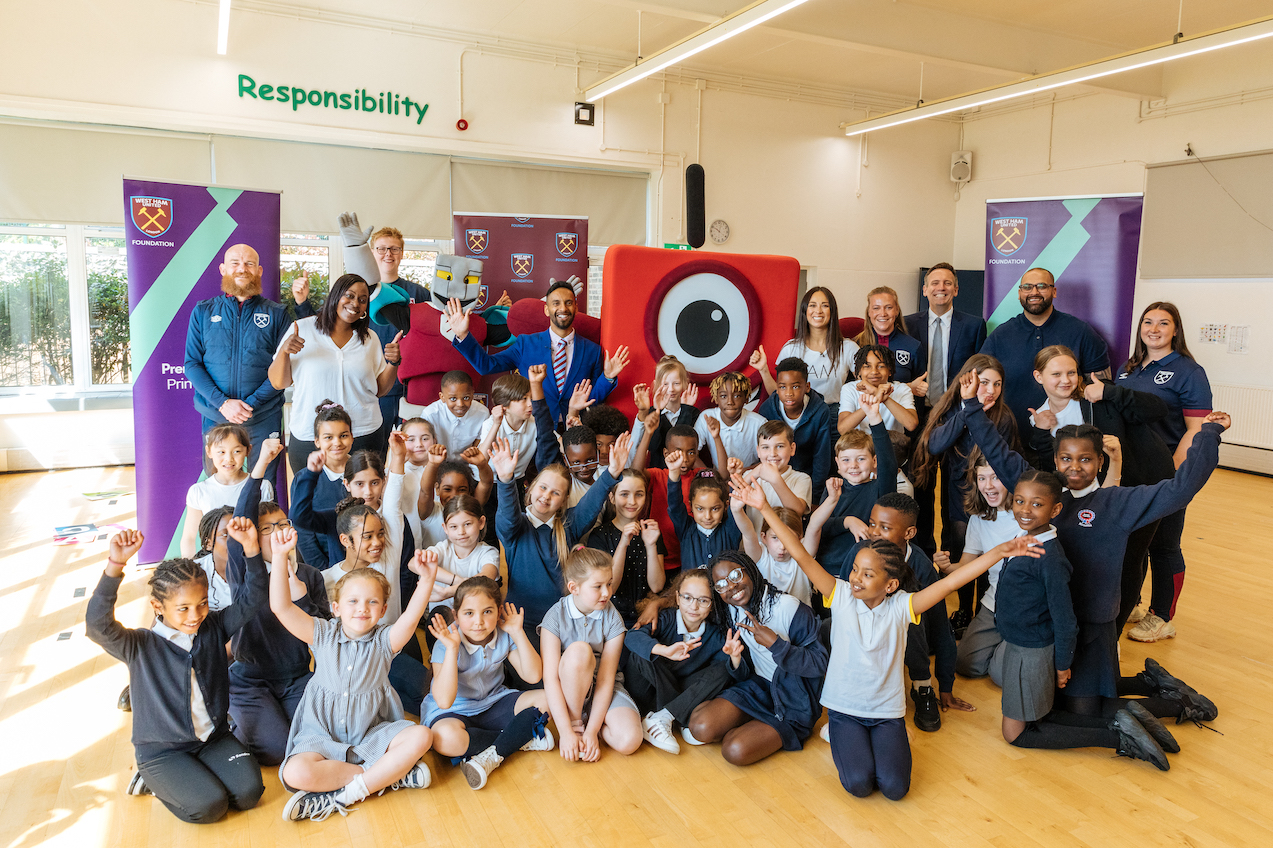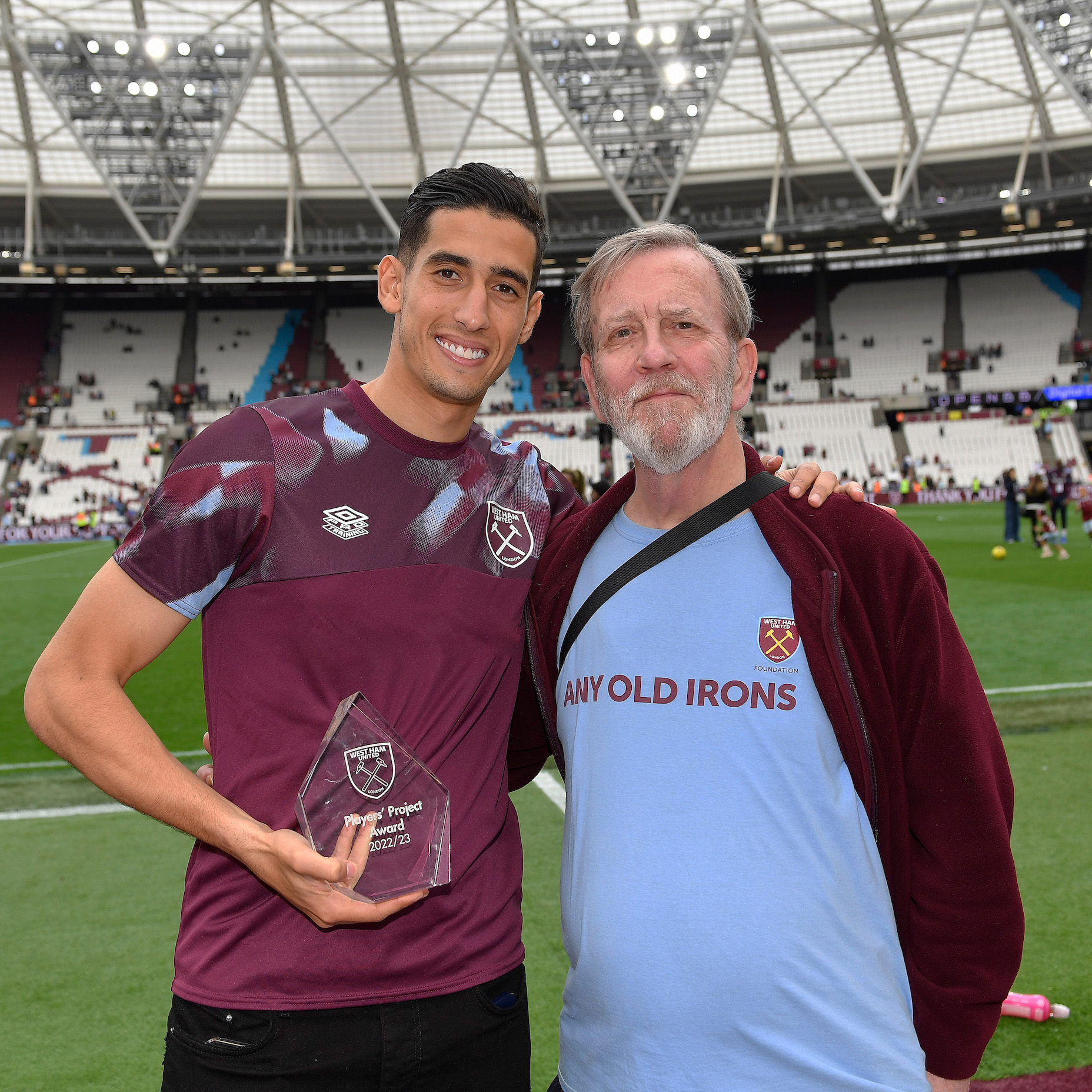West Ham United Foundation’s football development programmes continue to make significant strides in player development across east London and Essex.
The Foundation’s comprehensive range of football development programmes comprises the highly successful Player Pathway model, the Post-16 Football & Education initiative, the U23 International Development programme and the recently relaunched Second Chance Academy.
As part of the Foundation’s extensive football development initiatives, the Player Pathway programme aims to support the grassroots development of young players, aged five to 16, by offering them an environment which intends to bridge the gap between grassroots and academy football.
Regardless of their ability, young individuals are given the opportunity to join the Pathway and be placed within the appropriate tier based on their development stage. The entry tiers, Technical Development Centres and Emerging Talent Centres, see young footballers train once-a-week and play exhibition fixtures during the school holidays. Meanwhile, the Performance Squads train twice-a-week and compete in the Junior Premier League on Saturdays.
Across the whole Player Pathway pyramid, the programme engages a diverse pool of 1,500 young footballers each season, including a remarkable cohort of 500 talented female players.
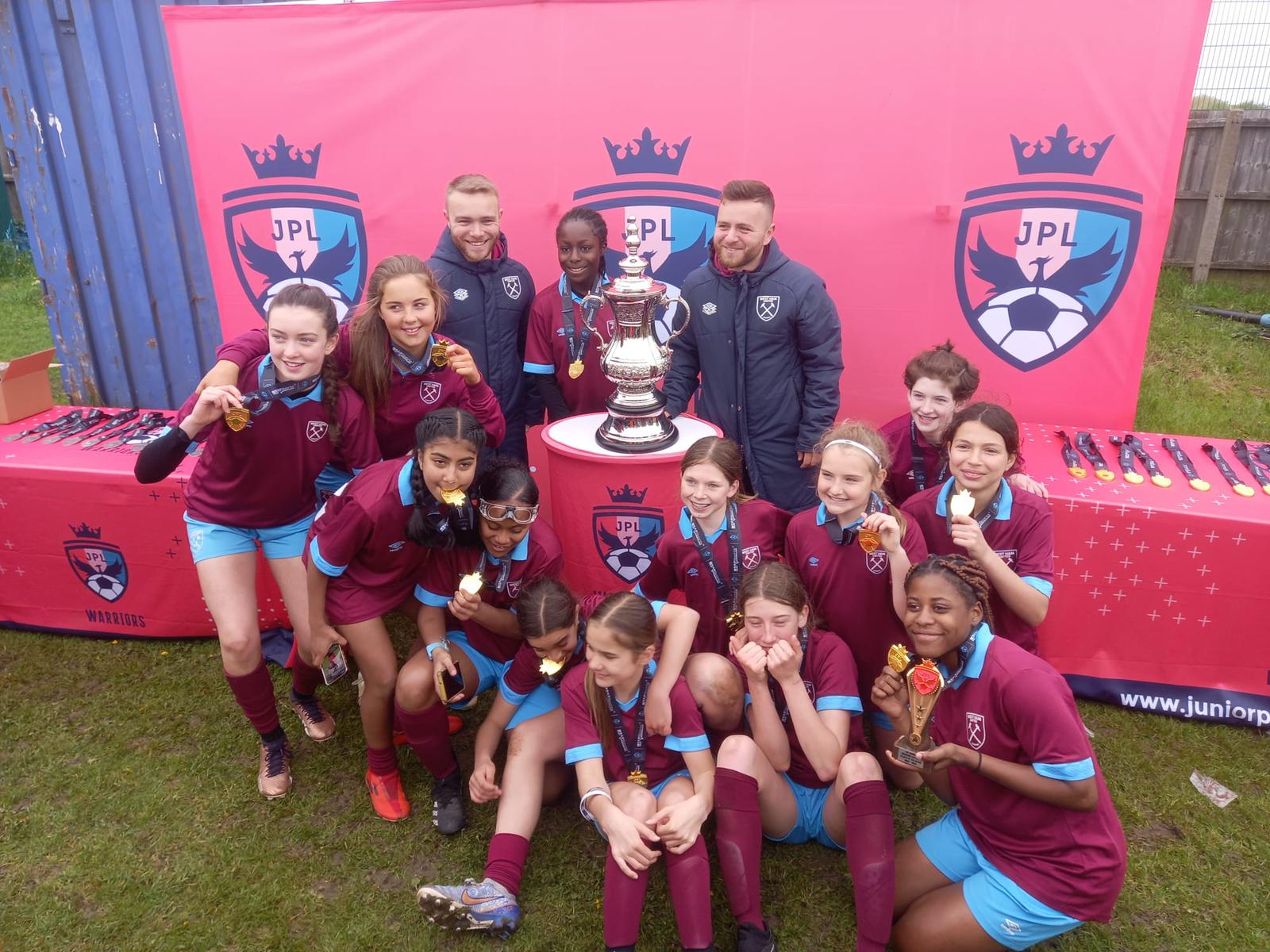
As the Junior Premier League season drew to a close, both male and female performance squads celebrated victories in league and cup competitions.
For the Female Youth teams, they saw success in the U13 and U15 Junior Premier League categories, with the younger age group crowned JPL Warriors Cup winners and the U15s taking home the JPL League title and finishing runners up in the National Finals.
These feats were emulated by the Post-16 Football & Education strand of the Foundation’s football development programmes, as three of the four teams representing the Foundation ended the season as division champions.

The success on the pitch brought with it many memorable moments for players and staff alike. Among these treasured memories, the U15 Female Youth Team Head Coach fondly recalls one particular instance that stands out as one of the proudest moments of their coaching career. During the national play-off final, a remarkable moment unfolded as one of their players exuded confidence and took charge during the halftime team talk.
“It was a tense and evenly contested game,” they described. “As we headed into the break at one apiece, the captain began laying markers on the tactics board. Calmly, she spoke with courage and confidence, giving in depth tactical and technical instructions on how the team should approach the second half. The others, fixated on her every word, dialled into what was required of them.
“If you step back, you would be amazed at what our players can do if given the opportunity. I was so proud of my players in that moment, she even got a round of applause! It reminded me of that P.J. Fleck quote, ‘Bad teams, no one leads. Average teams, coaches lead. But elite teams, players lead.’”
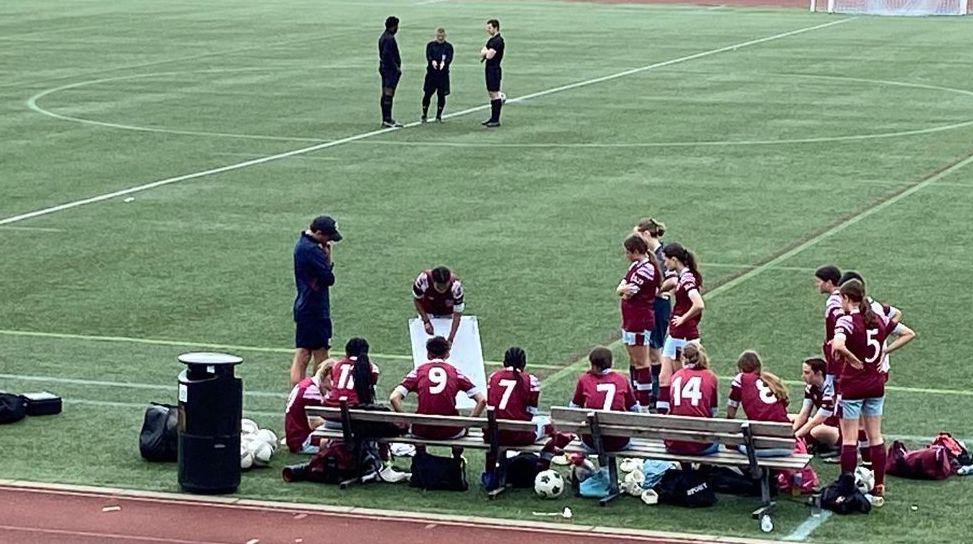
The exceptional achievements on the pitch garnered well-deserved recognition, leading to notable opportunities for several players. Four U16 players and six U15 players were scouted and recruited onto the prestigious England Talent Pathway, a testament to their exceptional skills and dedication. As for the U23 International Development programme, they saw two participants receive international callups to the South Africa and Nigeria U20 squads.
These young talents will hope to follow in the footsteps of Princess Ademiluyi, who made her WSL debut for West Ham United Women this past season, building upon her involvement in the Foundation’s Female Youth Team U16 squad, before progressing through to West Ham United Women’s U21s and eventually signing her first professional contract.
The Player Pathway programme extends its impact beyond the development of young footballers, by also offering a platform for aspiring coaches to flourish. Within the comprehensive provision of the programme, coaches have access to the workforce pathway, facilitating their personal development and progression.
Furthermore, the programme has extended its reach to benefit the Foundation's Sports Coaching & Performance undergraduates at the University of East London. These students have been afforded invaluable coaching and placement opportunities through their involvement with the Player Pathway. This collaboration not only enriches the educational experience of the students but also allows them to gain practical experience in a real-world coaching environment.
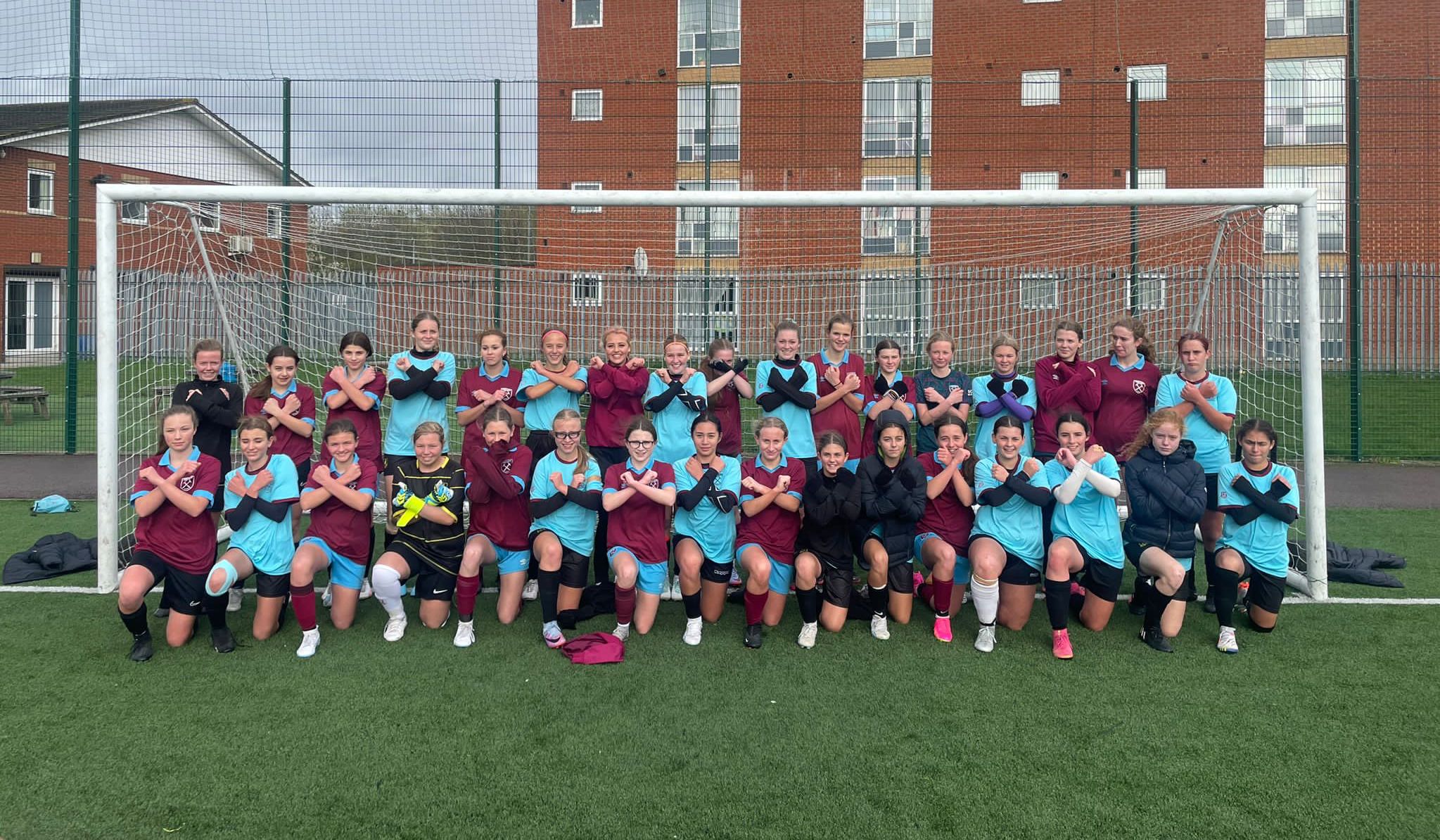
“We have a multi-layered and united approach across all of our work, and we really believe that diversity and teamwork help everybody to flourish.” explained Glover. “Our students at UEL are the coaches, mentors, analysts of the future and some of them have previously had their own Player Pathway journey and they provide a lot of useful insight to the groups alongside being able to learn a lot.
“The key to all of this and our main driver is to deliver meaningful opportunities and a safe and supportive environment where individuals can pursue their ambitions, raise their aspirations and unlock their full potential.”
